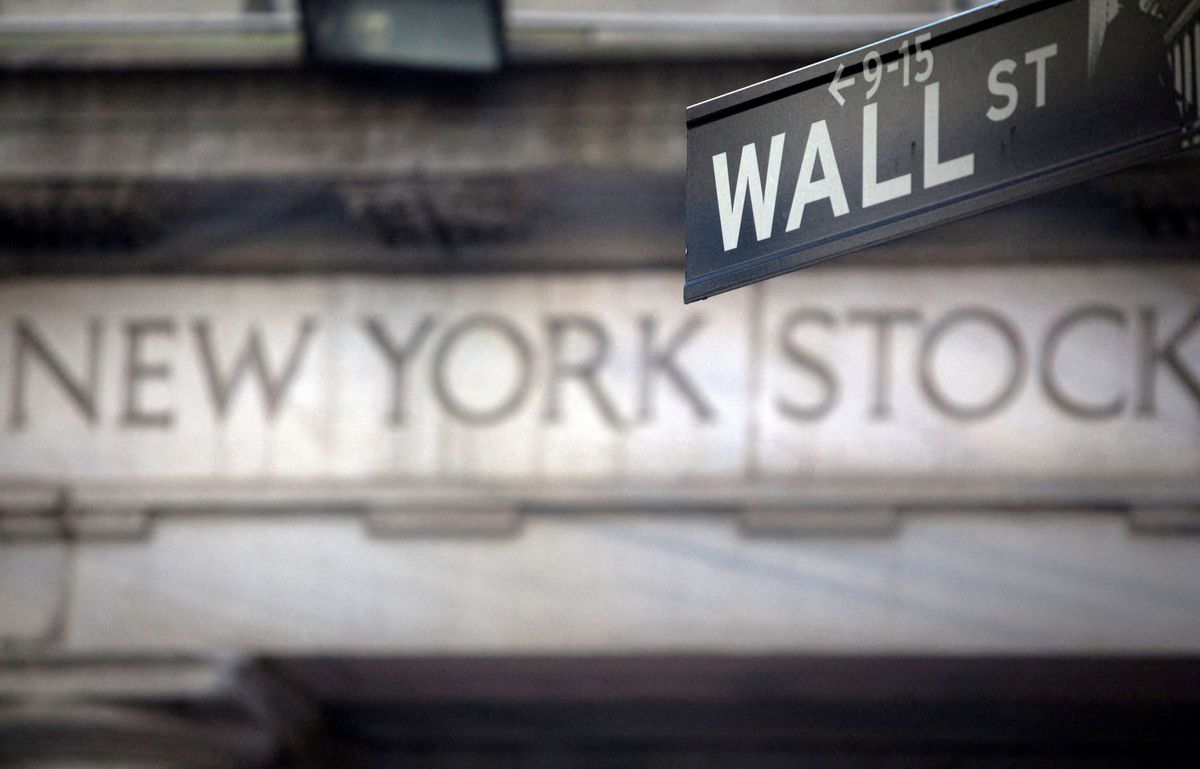Triller – from TikTok rival to Wall Street arrival
Triller, known for its live-streamed singing battles and daring bare-knuckle fights, has established its presence in the entertainment arena.

A few minutes every morning is all you need.
Stay up to date on the world's Headlines and Human Stories. It's fun, it's factual, it's fluff-free.
The backstory: Triller, known for its live-streamed singing battles and daring bare-knuckle fights, has established its presence in the entertainment arena. It’s managed to grab attention despite the competition, all thanks to the involvement of some A-list names like rapper Snoop Dogg, former boxing champion Mike Tyson and social media star Charli D'Amelio.
The platform started in 2015 with an app that's similar to TikTok, where people share short videos. But under CEO Mahi de Silva, who took over in 2021, Triller has focused instead on helping brands and companies, like McDonald's and Walmart, create content. Notably, Triller's revenue of US$48 million in the past year was largely generated by big brands. But the first quarter of this year saw a significant decline in "social reactions," a metric considered important by Triller, causing a dip in engagement compared to the previous two quarters.
More recently: Despite the buzz surrounding the app, there's some skepticism brewing. Last year, Triller managed to reduce its operating loss from US$640 million in 2021 to US$165 million. But the company remains in the red, a pattern that’s persisted since its inception eight years ago.
One glaring concern is its valuation. Triller's worth soared to US$3 billion last August, according to private-capital trading group Caplight. That's almost 63 times its revenue from the previous year. On top of that, no one's quite sure how many users Triller has beyond the 550 million accounts it says signed up since its launch. Ex-employees have even hinted that those numbers might be inflated. Also, the app's downloads have been sliding down for 11 quarters straight. Since its launch in 2015, it's been installed only about 73 million times, according to Apptopia, a research firm.
Adding to these challenges are disputes over payments with major music producers like Swizz Beatz and Timbaland, as well as disagreements with Black influencers. These internal frictions complicate the company’s foray into the market and raise doubts about its potential to make a big impact.
The development: Triller has been making some moves to solidify its spot in the public eye. After scrapping a US$5 billion reverse merger with software developer SeaChange International last June, the company has set its sights on a direct listing on Wall Street, which is different from the conventional route of an initial public offering (IPO). Instead of selling new shares on the market like in an IPO, it plans to sell existing shares on the New York Stock Exchange through a direct listing.
Triller's pitch highlighted the tally of over 550 million user accounts since day one and how its revenue jumped 52%, hitting US$9.2 million in the first quarter of 2023 compared to the same time last year. It’s also making a big deal about using artificial intelligence (AI) in what it does.
Key comments:
"The current market demands clear and disciplined thinking. A Triller IPO is a cleaner transaction, allowing us greater control of our destiny," said CEO Mahi de Silva last year when the company ended its planned merger.
“Our Triller app is a short-form video app similar to TikTok, Instagram Reels, YouTube shorts and other video apps that allow users to access both user-generated and professionally generated content from creators around the world,” the company said in its Form S-1. “Since our inception, we have raised more than $380 million in capital, established more than 550 million user accounts (defined as any individual that has created an account to access our technology platform) across our offerings, dramatically expanded our portfolio of offerings through organic growth and strategic acquisitions and have become a diversified technology platform for the creation, distribution, measurement and monetization of digital, live and virtual content.”
“Everyone is referring to AI as if it were a brand-new technology,” said Bobby Sarnevesht, chairman and co-founder of Triller. “The best part is that the biggest brands in the world have been using our Triller-owned AI for years. Most companies are trying to find out how AI fits in their ecosystem, but it is new to them and, in many cases, just a buzzword. Because the idea of AI hasn’t yet become widely understood, the world has not really understood that is a big part of Triller’s secret sauce for the past few years.”
“When people ask what is Triller [the answer is] simple, we are The artists, influencers and creators,” said Sarnevesht. “We the artists make up the vast majority of Trillers shareholders. Their voice is our voice. Because we built this for our owners-the artists, the creators, the influencers, we have spent the last two years creating an ecosystem that removes all the barriers and walls that big tech placed between artists and influencers and their followers both on and off-platform.




Comments ()